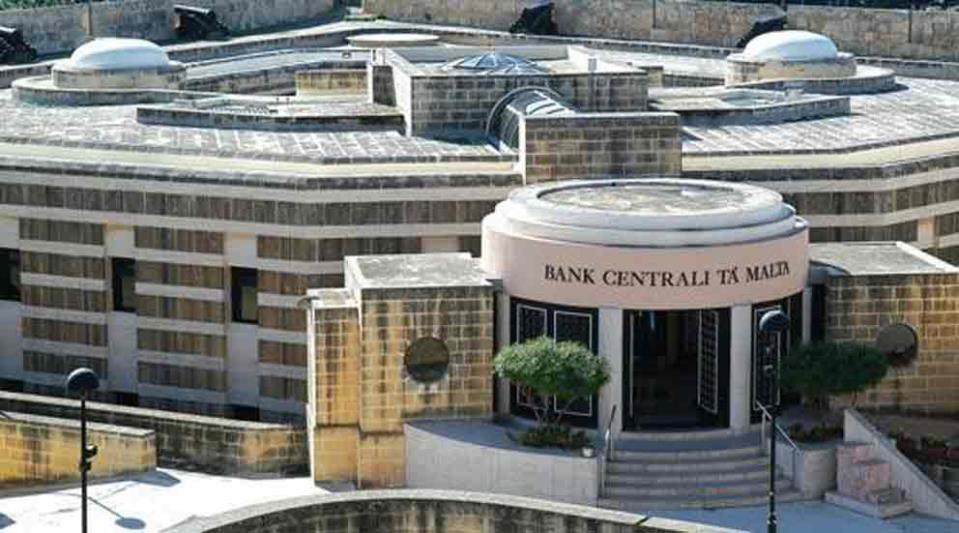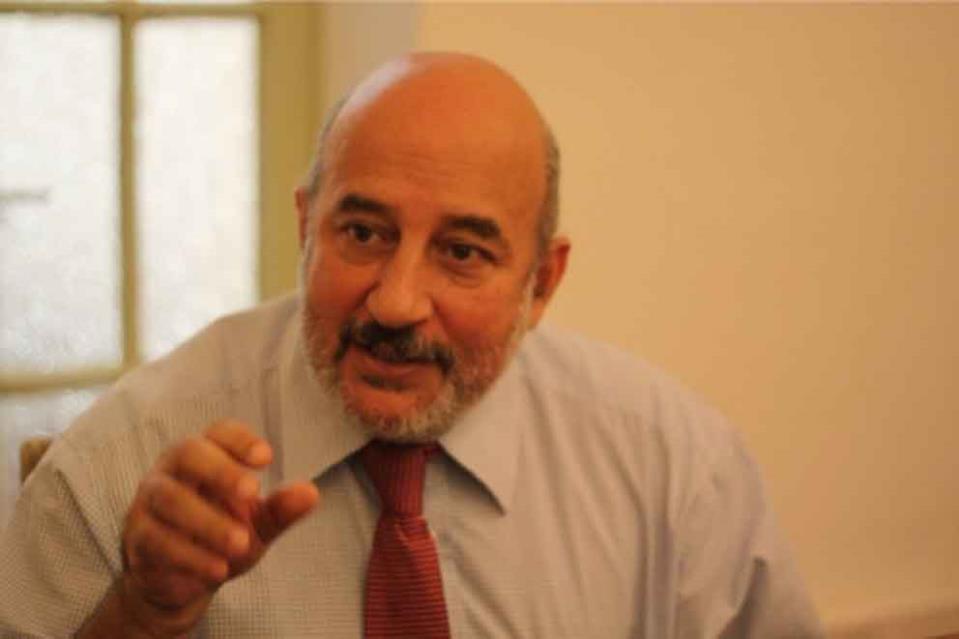In response to the news that Malta once again remains the most difficult place to do business in the whole of the EU, Economy Minister Chris Cardona spoke of the simplification of bureaucratic practices and other measures that address this challenge.
Malta ranked 76th out of 190 countries surveyed. The main sore points are in the areas of registering property (147th), getting credit (139th), starting a business (132nd), resolving insolvency (84th), dealing with construction permits (82nd) and getting electricity (77th).
Asked about the results of this World Bank’s Ease of Doing Business report, Dr Cardona said:
“A number of initiatives addressing these directly were announced in last week’s Budget for 2017. The abolishment of most trade licenses and the automation of the issuing of numbers for VAT and PE will ease bureaucratic practices as will the replacement of a number of forms currently required when setting up a business locally by one form which incorporates all the others hence reducing bureaucracy and processing times.”
More broadly speaking, Dr Cardona added that “Improving Malta’s ranking in the Ease of Doing Business report published by the World Business Forum is a challenge which the Ministry for the Economy Investment and Small Businesses has acknowledged and has been addressing directly from the beginning of this government’s tenure.

“Although there is still a lot of room for improvement, since Malta’s first entry in the World Business Report in 2012 at 102nd place, Malta’s ranking has improved significantly. Since then strategic decisions and policies have been put into place leading to Malta moving up 26 places, to its current ranking at 76th place, after having climbed six places this year alone.”
Turning to what has been done over the past three and a half years to address this issue that is so vital to Malta’s growing economy, he said:
“The ministry recognizes there is still much to be done on this issue and is committed to continuing to cut red tape and facilitating the business environment. This is being done in a concerted effort by the government in general, with various aspects being looked into. In particular, it is to be noted that amendments in the Companies Act, Chapter 386 of the Laws of Malta, have been tabled in Parliament recently to address restructuring and liquidation issues, as well as the creation of the Development Bank and tax credits and other incentives for start-ups.
“Last year an amendment was also introduced reducing the fee for setting up a business drastically when the process is done on line. Together with other peripheral amendments such as a drastic reduction in the time required for a business to be provided with utilities such as electricity, other efforts are being made by the government to address issues hindering ease of doing business.”

Governor of the Central Bank of Malta reacts
Governor of the Central Bank of Malta Mario Vella, reacting to the World Bank ranking said that the Central Bank has been analysing the ease of doing business locally for a number of years.
He said that while such a report cannot be ignored and places pressure to address certain key issues, macro-economic indicators such as the GDP, balance of payment and employment levels, which have been healthy of late, must also be kept in mind.
Mr Vella also stressed that such studies look at the situation currently, while government measures and initiatives need time in order to kick in.
“Our Research Department has attempted to answer the question in a publication in our Quarterly Review 2016:1 ‘Measuring International Competitiveness’. This suggested that Malta’s cost competitiveness has not deteriorated in the last decade, and, in fact, Eurostat data show that the current account of the balance of payments has moved from a deficit of 5.6% of GDP in 2005 to a surplus of 4.3% last year. Research on this issue is continuous and will feature in a publication and symposium that the Central Bank will be holding next year.
“Whilst the competitiveness indices published by the World Bank and the World Economic Forum carry considerable weight they should not be considered as the final judgement on the matter.

“Macro-economic indicators (GDP growth, balance of payments and employment trends, fiscal deficits and debt levels, as well as unit labour costs readings) deliver equally important information about a country’s competitiveness. In fact it is rather odd that the two small European countries that performed best during the financial crisis, Luxembourg and Malta, feature quite low in the World Bank index.
“Yet such indices cannot be disregarded and if anything they should spur us to address identified weaknesses.
“In fact the Central Bank of Malta and our banking industry colleagues are proud that the Credit Register initiative has permitted better ranking for Malta in the Getting Credit sub-sector.
“Going forward I am confident of further progress on Getting Credit metrics when the Malta Development Bank becomes operational. Our initiatives to make changes to the insolvency process and to enforce creditors’ rights will in due time also deliver improvements in our Resolving Insolvency and Enforcement Contracts criteria.
“The truth is that certain initiatives and programmes aimed at serious improvement of old bottlenecks and the elimination of inefficiencies need time to kick in. Meanwhile however – and slightly so – institutions such as the World Bank and the World Economic Forum judge by actual results.”

Malta Employers’ Association
Director General of the Malta Employers’ Association Joseph Farrugia noted that Malta’s relative position compared to other EU countries is not favourable, however outlined a strategy where the island should concentrate on its strengths while still addressing bones of contention for businesses.
In comments to The Malta Independent, he said:“The report clearly demonstrates that, in spite of progress made in some areas of doing business, Malta’s relative position is still worse off compared to other EU states, although not in all aspects. This shows that there is a lot of room for improvement in our processes and organisational set-up in order to assist businesses to function efficiently. One example that we have raised this year is the processing of VISAs to third country nationals.
“We need to build on our strengths – i.e., areas where we have high scores – and address others where businesses still feel stifled with unnecessary bureaucracy or administrative burdens that can actually serve as a barrier to entry into the business world and discourage entrepreneurs.
“One initiative that MEA has launched as part of the SME week this year is the proposed development of an SME toolkit which will enable start-ups and existing businesses to navigate better through various government departments and authorities. This is a project which we will be working on in the coming year and which, if successful, surely help to improve our ratings.”